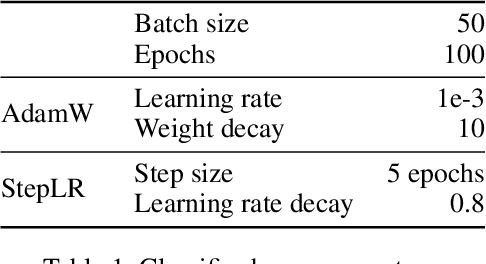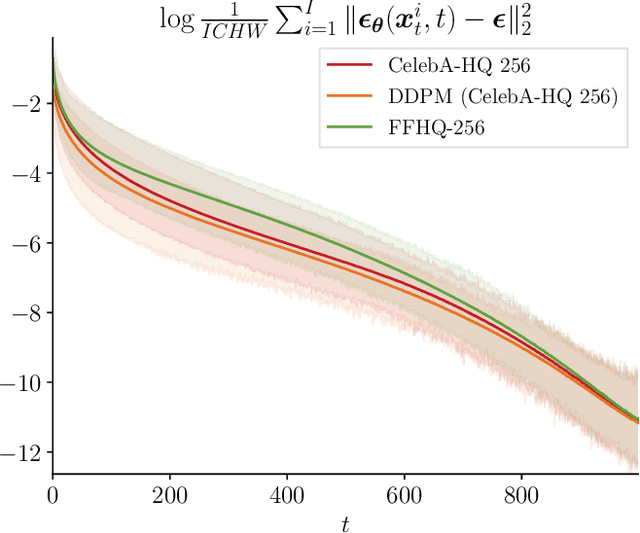Tracing the Roots: Leveraging Temporal Dynamics in Diffusion Trajectories for Origin Attribution
Paper and Code
Nov 12, 2024



Diffusion models have revolutionized image synthesis, garnering significant research interest in recent years. Diffusion is an iterative algorithm in which samples are generated step-by-step, starting from pure noise. This process introduces the notion of diffusion trajectories, i.e., paths from the standard Gaussian distribution to the target image distribution. In this context, we study discriminative algorithms operating on these trajectories. Specifically, given a pre-trained diffusion model, we consider the problem of classifying images as part of the training dataset, generated by the model or originating from an external source. Our approach demonstrates the presence of patterns across steps that can be leveraged for classification. We also conduct ablation studies, which reveal that using higher-order gradient features to characterize the trajectories leads to significant performance gains and more robust algorithms.
 Add to Chrome
Add to Chrome Add to Firefox
Add to Firefox Add to Edge
Add to Edge